Breaking Down Barriers to Rational Thinking
Humans can think, but sometimes we have irrational thoughts and beliefs that affect our judgment. It’s important to break down these barriers to make better decisions and understand the world. We can improve our ability to think clearly by identifying and addressing these obstacles.
In this article, we’ll explore common barriers to rational thinking and how to overcome them, leading to a more informed perspective.
Understanding Rational Thinking
Individuals can improve their rational thinking skills by asking questions about their beliefs and conclusions. One effective technique is the “Five Whys,” which helps get to the root cause of a problem. This approach aims to uncover the underlying causes of a situation for a deeper understanding of complex issues. To enhance rational thinking, it’s important to assess the credibility of information sources and consider different perspectives.
Recognizing and addressing cognitive biases and being open to different viewpoints can also help. This allows individuals to optimize their rational thought processes and make better decisions.
The Challenge of Insufficient Practice
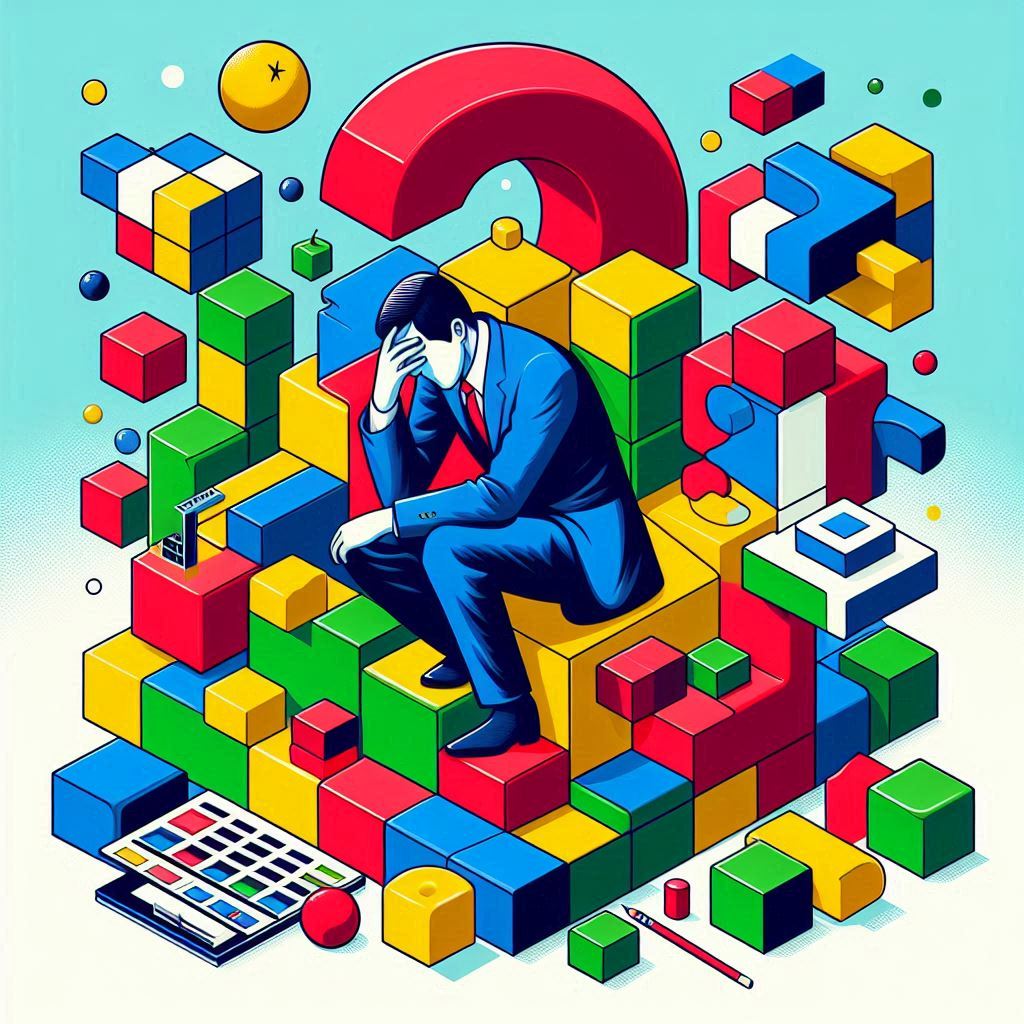
Insufficient practice can hurt critical thinking skills, making it harder to think, solve problems, and stay objective. Without regular practice, people might struggle to see things from different viewpoints and overlook their biases, making it tough to make smart decisions. Not practicing critical thinking regularly can lead to bad judgment and a narrow way of thinking and cause people to rely on flawed reasoning.
To improve critical thinking, people can do puzzles, debate, or play decision-making games. They can also try to see things from different perspectives, question their assumptions, and regularly reflect on their thinking. By working on these things, individuals can improve their critical thinking and make wiser choices.
Optimizing the Transfer of Critical Thinking Skills
Strategies to Cultivate a Question-Based Exploration
One effective strategy is to foster an environment that prioritizes inquiry and curiosity.
Impact of Normalcy Bias on Rational Judgment
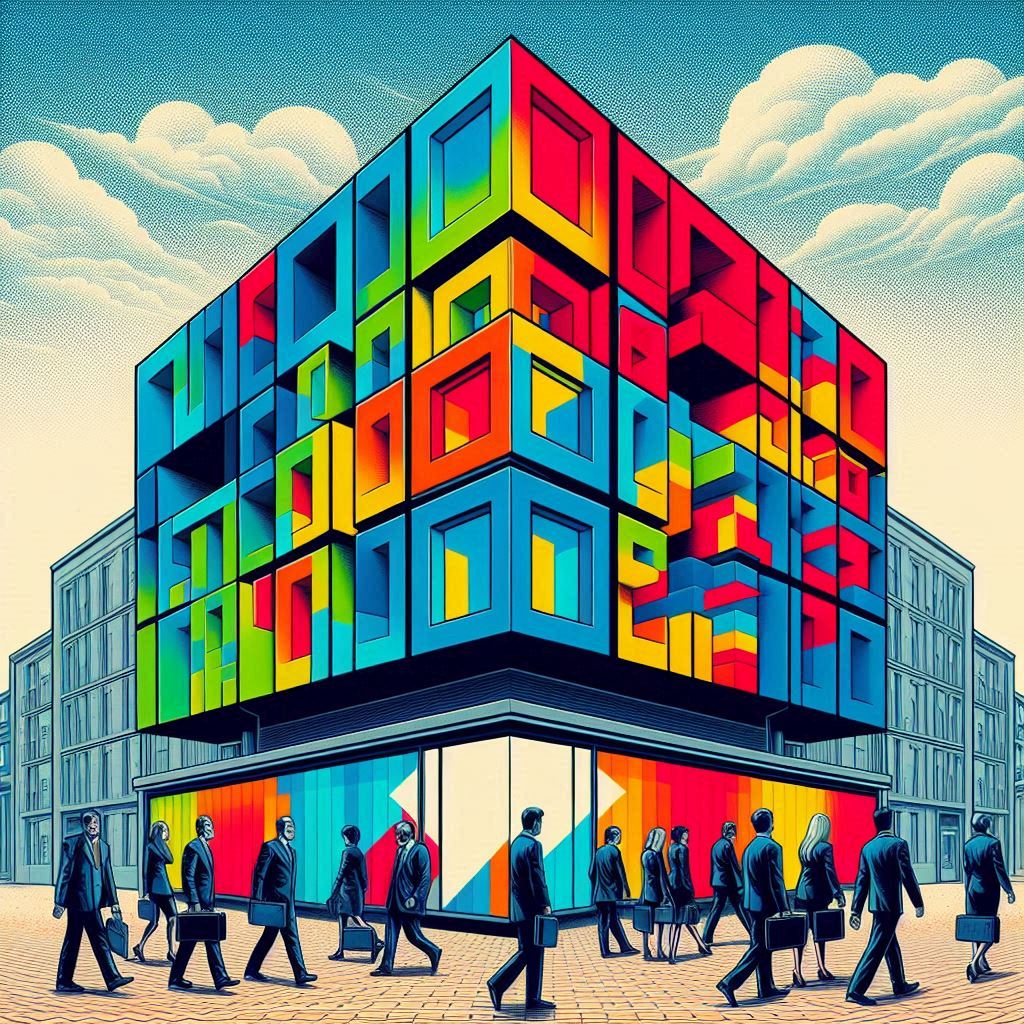
Normalcy bias is when people believe things will always be the same. This can make them miss warning signs or disregard imminent threats. It can lead to delayed responses and harmful consequences.
For example, people might ignore the need for change in their lives. People should look for different perspectives and be open to change to overcome normalcy bias. By realizing things could be different, people can make better decisions. Adaptability and resilience are essential, rather than being stuck in a routine.
Dangers of Conforming to Group-Think
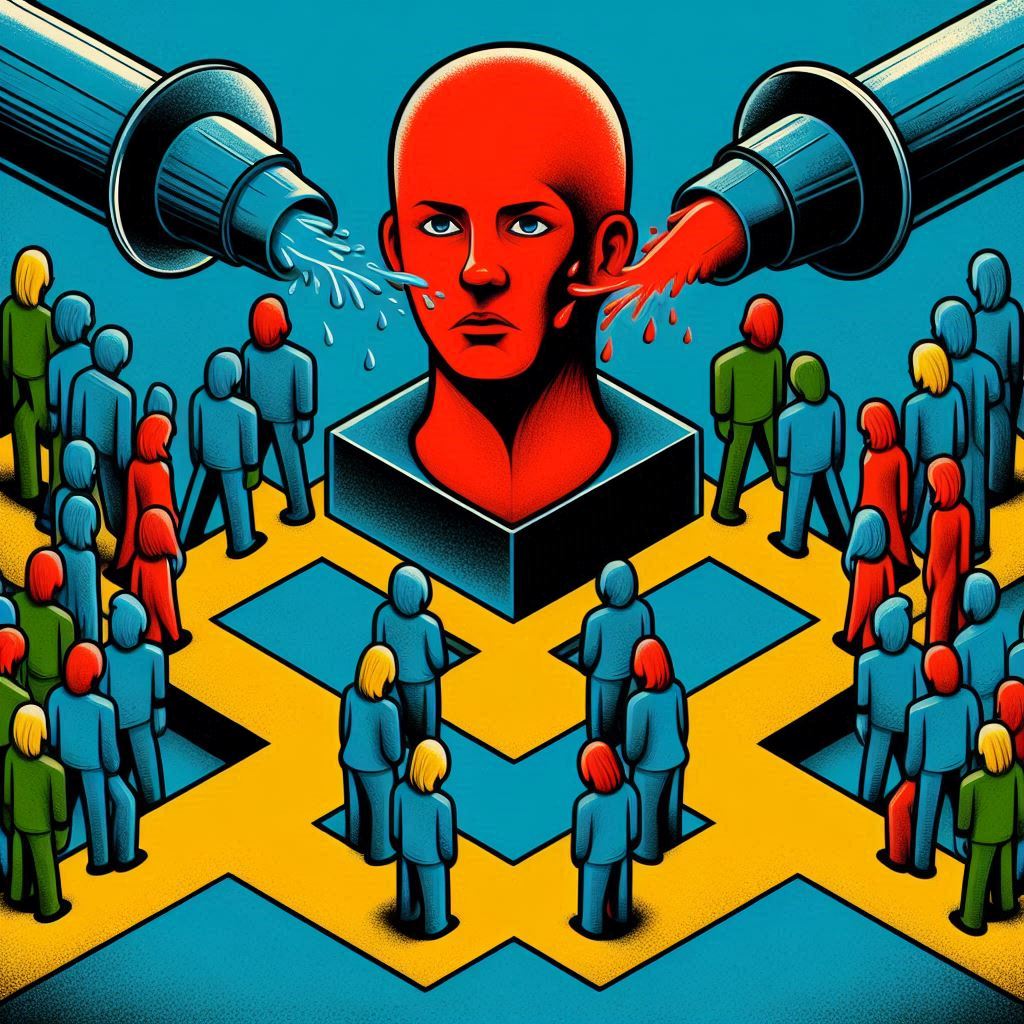
Conforming to groupthink can have negative consequences. It can hinder rational thinking and decision-making. Groupthink limits individuals’ ability to think critically and question the popular point of view. This leads to a lack of diverse perspectives and creativity in problem-solving. It also creates a false sense of consensus, where individuals may go along with the group’s ideas without thoroughly evaluating their validity.
To avoid the dangers of group-think, individuals can employ strategies such as:
- Encouraging thoughtful questions and debate
- Seeking impartial data
- Using real-world examples to encourage critical thinking
By being open to different viewpoints and avoiding emotional decision-making, individuals can overcome group-think barriers and make more informed choices.
Recognizing and Rectifying a Skewed Perception of Truth
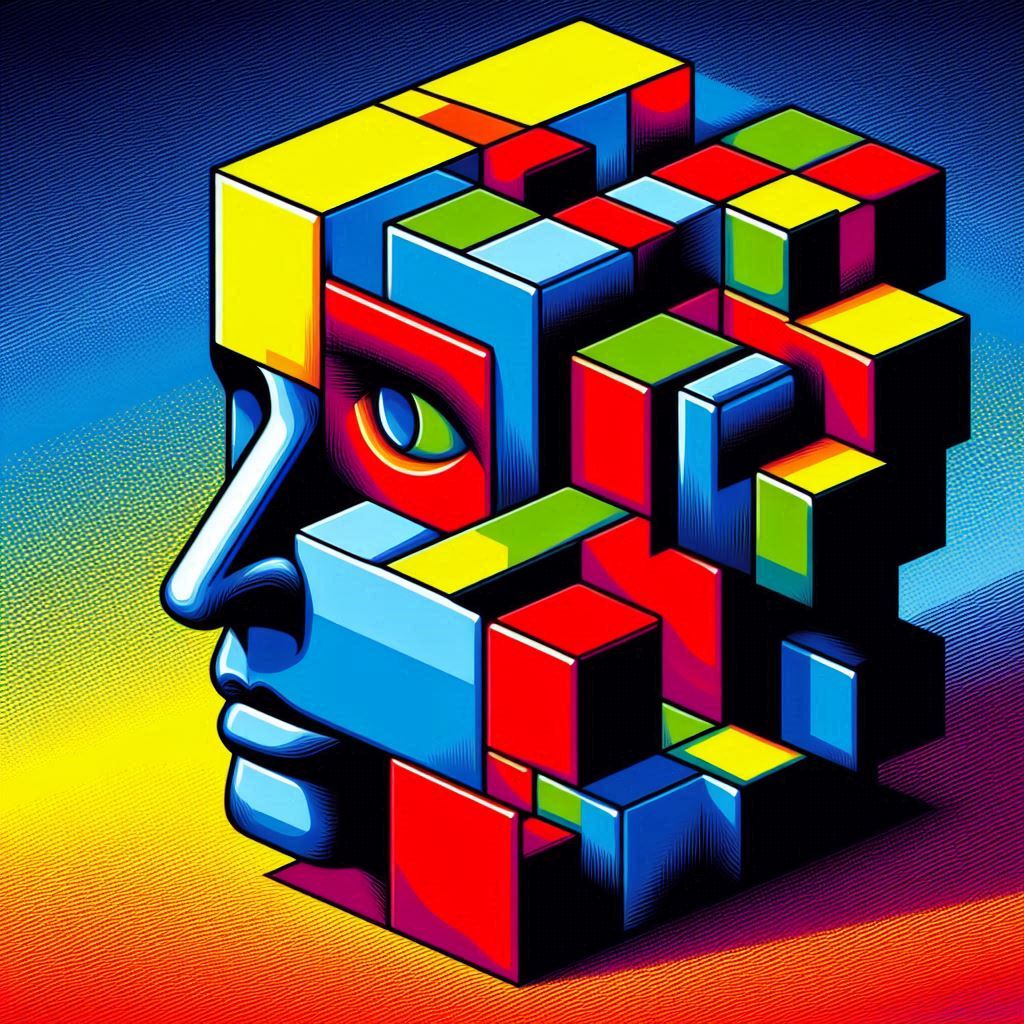
Recognizing common barriers to the critical thinking process can help one identify when one’s perception of truth is skewed. These barriers include thinking in black or white, thinking with the ego, and social, authoritative, and judgmental thinking.
For example, if an individual categorizes problems into simplistic solutions or is swayed by an authority figure without critically analyzing the information, it may indicate a skewed perception of truth.
Rectifying a skewed perception of truth involves replacing these barriers with rational and reasoned thinking. By challenging one’s initial emotional reactions, seeking impartial data, and using real-world examples to encourage critical thinking, individuals can work towards rectifying their skewed perception of truth.
Recognizing and rectifying a skewed perception of truth in critical thinking is essential because it allows individuals to avoid being hindered by these barriers and make more informed, logical decisions.
Additionally, being open to different viewpoints and avoiding emotional decision-making is essential for effective management and decision-making.
Tailoring Critical Thinking to Individual Perspectives
Influence of Self-Interest on Decision-Making
Self-interest can significantly impact how a person makes decisions. It can lead to choices that benefit the individual, often focusing on immediate gain rather than long-term success. This can result in overlooking important information, ignoring different viewpoints, and favoring personal gain over others. To address the negative effects of self-interest, individuals can seek diverse perspectives, conduct thorough research, and practice empathy.
By challenging their biases and considering the wider impact of their decisions, individuals can improve their critical thinking and make more ethical choices.
Learning from Past Experiences Without Bias
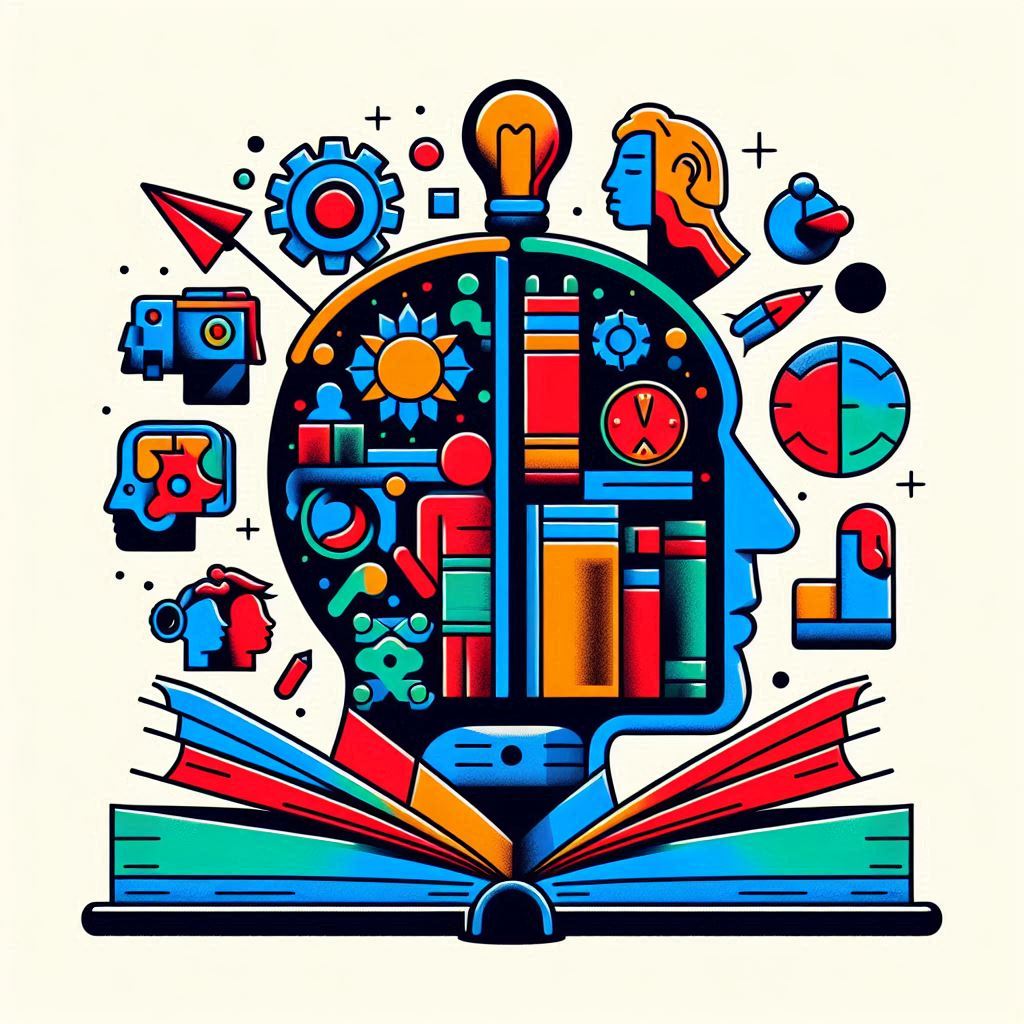
Individuals can learn from past experiences without bias by:
- Recognizing and overcoming barriers to critical thinking.
- Challenging black-or-white thinking, ego-driven thinking, social thinking, authoritative thinking, and judgmental thinking.
- Cultivating question-based exploration.
- Seeking impartial data and being open to different viewpoints.
- Avoiding emotional decision-making.
- Being aware of past experiences, upbringing, education, and values that may influence judgment.
- Encouraging thoughtful questions, debate, and critical thinking to maintain objective analysis when reflecting on past experiences.
Navigating Rational Thought Amidst Time Restrictions
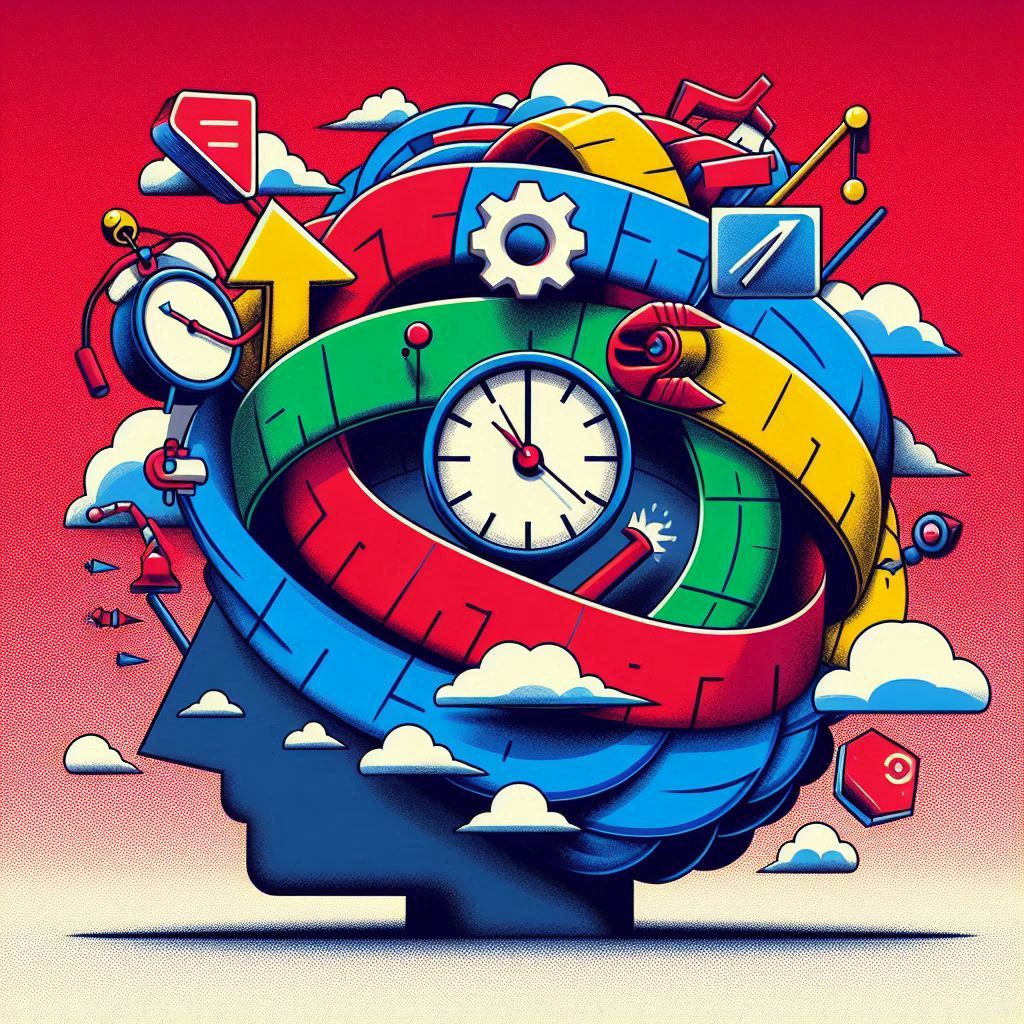
When time is short, people can develop good thinking skills by focusing on the most important parts of a situation and gathering relevant information. They can use deductive reasoning to remove irrelevant options and make quick, rational decisions.
To think well under time pressure and avoid being influenced by a group, people can ask thoughtful questions and get input from different people. They can also encourage debate and challenge initial emotional reactions to see the situation more clearly.
When time is limited, people can correct a biased view of the truth by getting impartial data and using real-world examples. This can help them avoid making quick judgments and decisions based on wrong assumptions or past experiences.
Overcoming the Impact of Fear on Rational Thinking
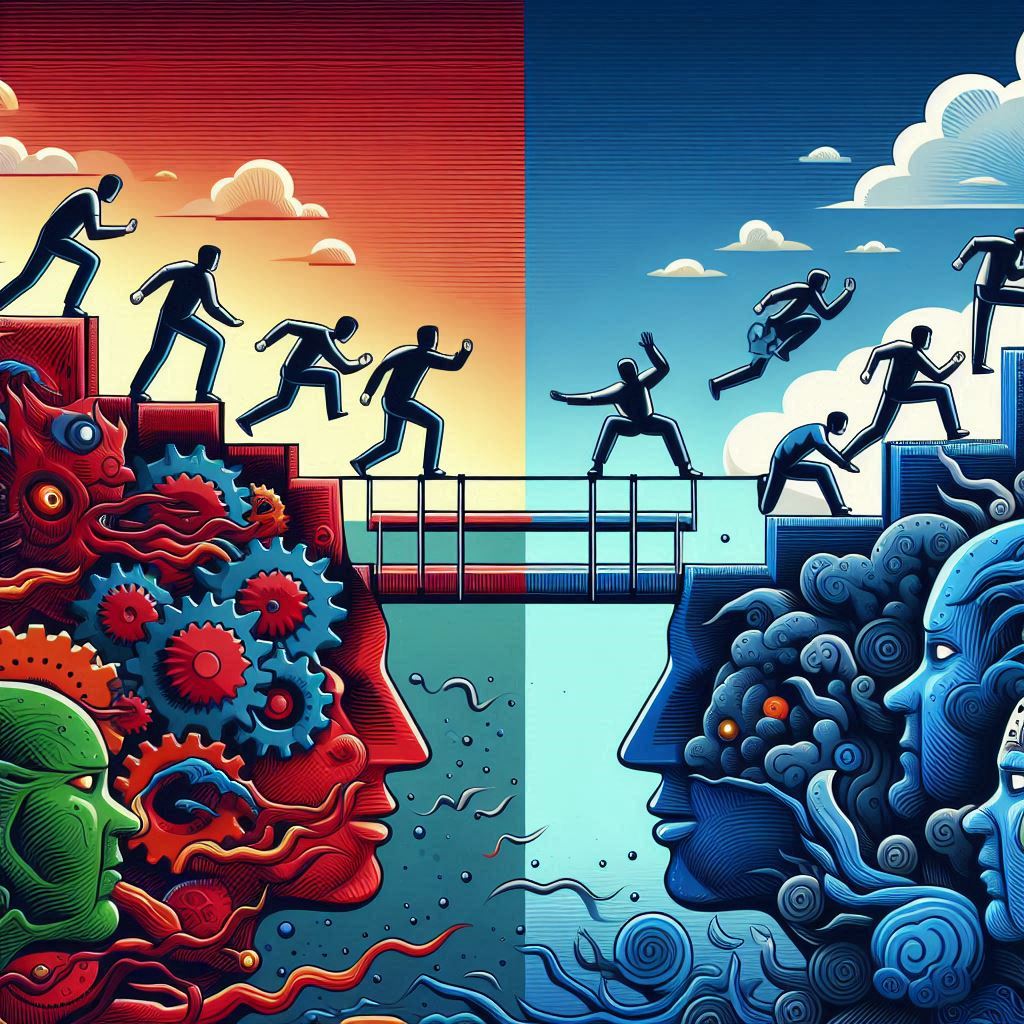
Fear can make it hard for people to think clearly and make good choices. It can lead to decisions based on emotions, cloud judgment, and not considering all options. When someone is scared, they may focus on avoiding bad things rather than thinking carefully about the situation. People can try mindfulness, consider different views, and challenge their initial feelings to think more clearly.
By recognizing and dealing with fear’s impact, people can learn to distinguish between logical and emotional responses.
For example, realizing fear’s presence and thinking about how it affects decisions can help people make better choices and think more clearly. This can lead to better results and a better understanding of different situations.
Avoiding Assumptions to Maintain Objective Analysis
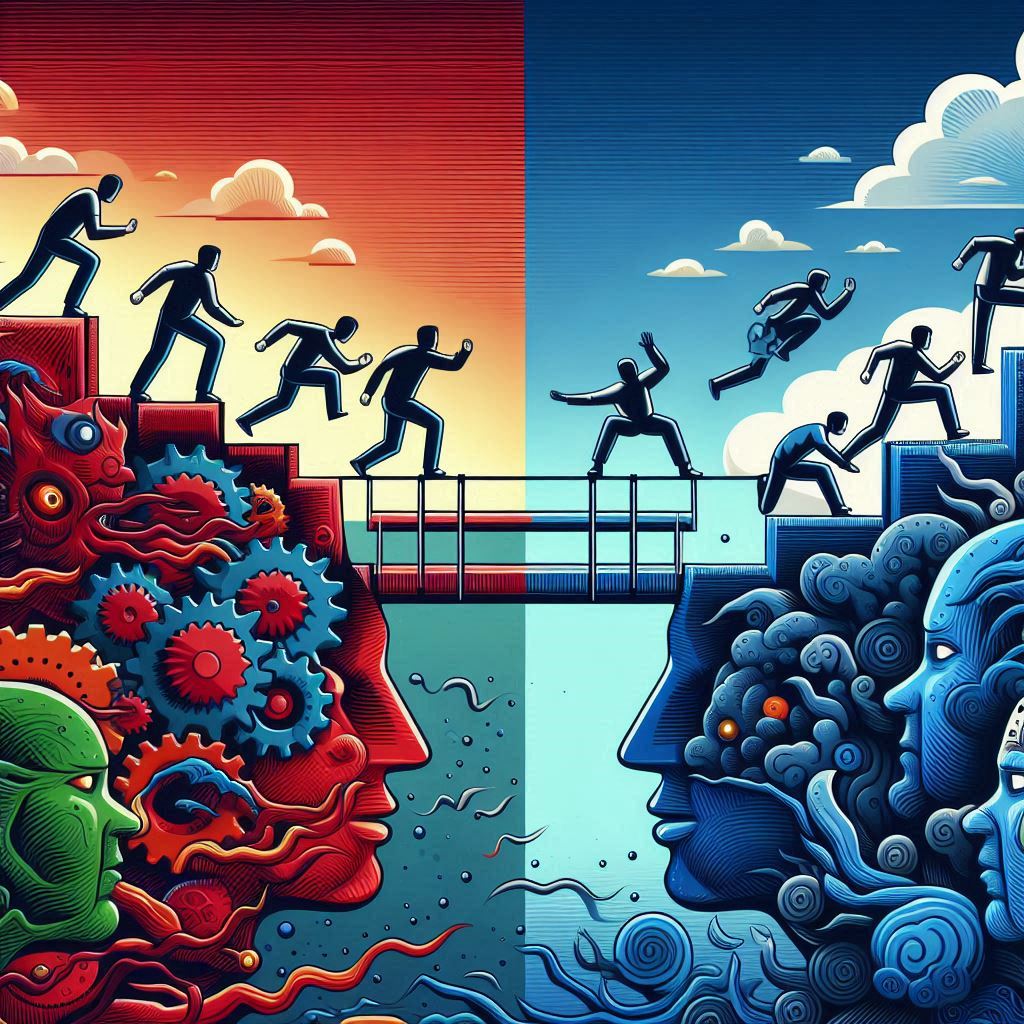
Recognizing and challenging assumptions is easier when one is open to different viewpoints and avoids emotional decision-making. Past experiences, values, and morals can influence judgmental thinking, so acknowledging this can reduce the impact on critical thinking and decision-making. Seeking impartial data and using real-world examples can encourage critical thinking.
Challenging initial emotional reactions and encouraging thoughtful questions and debate can minimize the impact of assumptions and maintain objective analysis.

Vizologi is a revolutionary AI-generated business strategy tool that offers its users access to advanced features to create and refine start-up ideas quickly.
It generates limitless business ideas, gains insights on markets and competitors, and automates business plan creation.
Vizologi
A generative AI business strategy tool to create business plans in 1 minute
FREE 7 days trial ‐ Get started in seconds
Try it free

